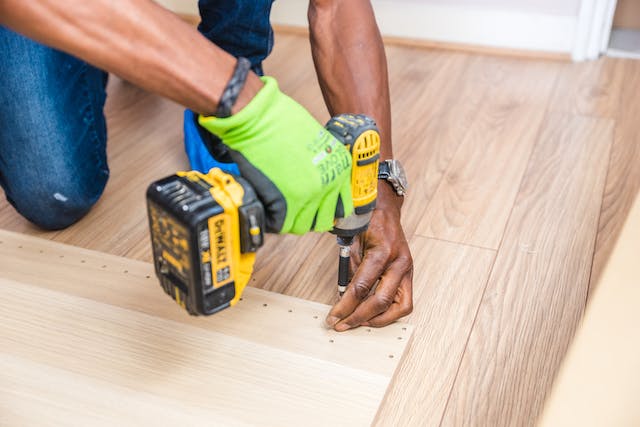
Extending your home by building an addition can be a great way to add more space without having to move house. However, a home extension is not a project that you should take on lightly. There are many important things to consider before building an addition. Below are just 7 things you must consider when extending your home.
Architectural style
It’s important that your addition complements the architectural style of your home. A modern steel and glass annex attached to an old brick period home is likely to look jarring – and could devalue your property. Try to create a sense of flow by incorporating some of the same materials or a similar style.
Zoning permit
A home addition almost always requires zoning approval. Failing to get a permit before you start building, and you could face a fine or be ordered to have the entire addition removed. You can get a permit by finding your local zoning board and applying online. This guide explains more about how to get a zoning permit.
Neighbor permission
Getting permission from neighbors could be important if your addition is likely to have a lasting impact on them (for example, will it cast a shadow onto their yard? Will it potentially block out a view?). Even if it’s unlikely to affect them, it’s still worth warning your neighbors of any noise.
Fire safety
It’s important that any addition complies with fire safety laws. If you’re building another level for example, there needs to be a suitable staircase leading down to act as a fire escape. Any new wiring that is installed also has to be done safely in accordance with building codes.
Heating/cooling efficiency
Adding lots of extra space to your home could mean that your home requires more energy to heat up or cool. A large addition to a small home may result in your current HVAC system no longer being powerful enough to efficiently heat/cool your entire home. Consider whether it’s worth installing a new HVAC system. A HVAC specialist will be able to advise you on whether this is necessary.
Choice of contractors
There are many companies that specialize in home extensions. These companies can design and build your addition to a high quality standard. Of course, you need to make sure that their services are within your budget. You should also look up reviews and past projects online to get a good idea of how credible a contractor is.
Funding options
How will you pay for your extension? The average cost of a home addition in the US is about $50,000. This is money that a lot of people don’t have ready access to, so you’ll need to consider your borrowing options. Home equity loans, personal loans, refinancing and lines of credit are some of the most popular options for home additions. Smaller additions may meanwhile be possible to finance with a credit card. Take the time to compare your options to see which options you can get approved for, which options have the lowest interest rates and which options have the most affordable monthly repayments.






